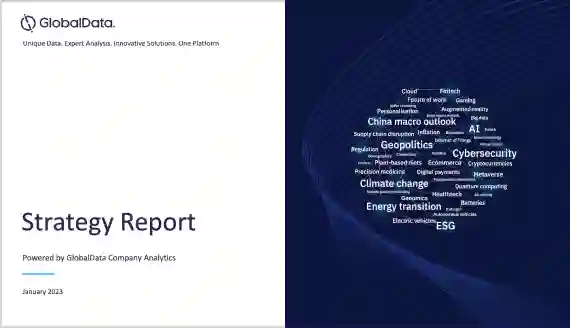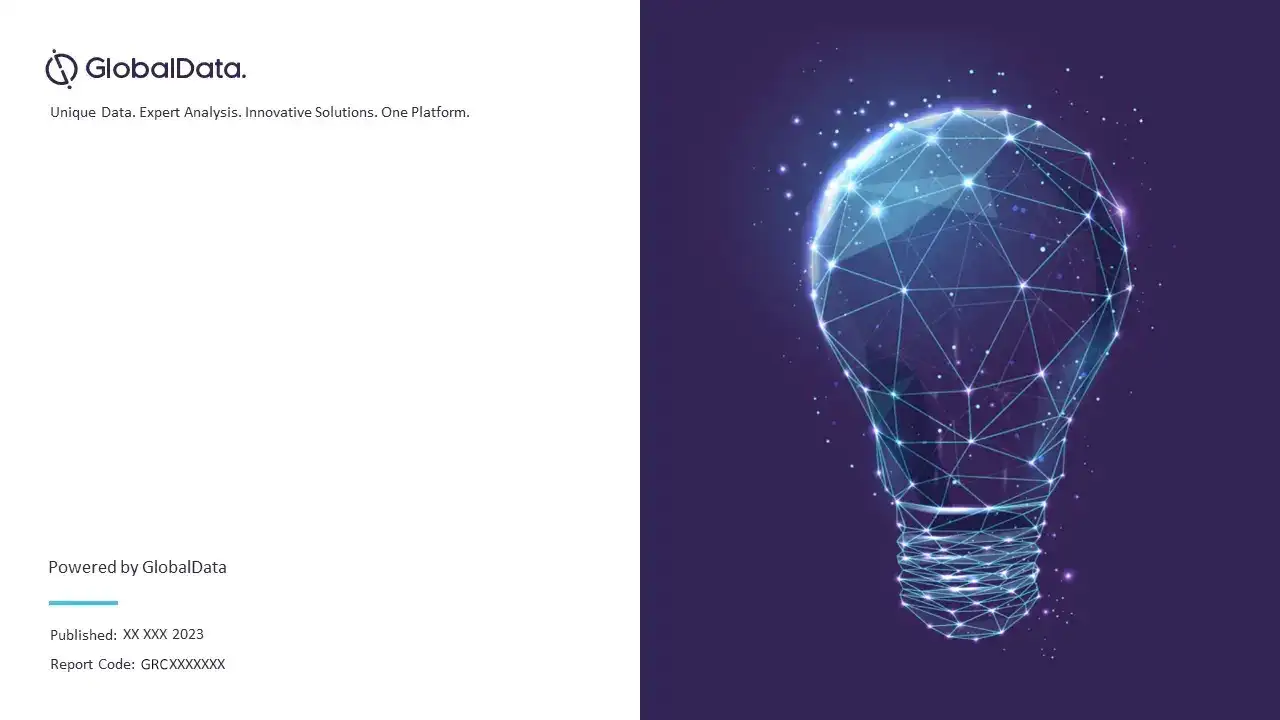Misinformation – Thematic Intelligence
Powered by ![]()
All the vital news, analysis, and commentary curated by our industry experts.
Misinformation is not a new phenomenon, but the technology behind it is unprecedented. Big data and artificial intelligence (AI) provide the foundation for digital ecosystems to pursue personalization at scale. With sophisticated algorithms and huge data troves, social media platforms can tailor content to reach those most likely to be influenced. The ad-targeting business model prioritizes profit over quality of content and respect for the user’s privacy.
Scope
This report looks at how misinformation is impacting the tech, media, and telecom (TMT) industry globally.
It identifies the companies that will be impacted by misinformation regulation, as well as the main trends shaping the misinformation theme.
It includes details of regulatory approaches to misinformation by country and a timeline, showing the major milestones in this theme.
Key Highlights
Misinformation poses a major threat to the integrity of democratic elections. In 2024, approximately four billion people will head to the polls, with various actors attempting to influence outcomes by spreading false information. Increasingly, civil society is blaming Big Tech companies for allowing the proliferation of false narratives spread by humans and bots on the web. They stand accused of distorting the information we consume in ways that are bad for us individually and collectively.
Some companies are increasing their efforts to combat misinformation without impacting online expression. However, certain social media platforms have relaxed moderation standards, heightening the issue.
The companies that will benefit from increased misinformation regulation do not profit from targeted ads. Tech companies advancing misinformation-prone AI systems, internet services that profit from targeted ads, and ad companies will be negatively impacted.
Reasons to Buy
Regulators and policymakers disagree on how to tackle misinformation, as it risks impacting online freedom of expression. Yet there has never been a broader consensus that something must be done, and since 2020, more regulations have been introduced globally to tackle the issue. In this report, we identify the likely winners and losers from regulatory action on misinformation.
Alphabet
Amazon
AMC Networks
Apple
AT&T
Atresmedia
Baidu
Bloomberg
BT
ByteDance
China Mobile
China Telecom
Cisco
Cision
Comcast
Criteo
Deutsche Telekom
DuckDuckGo
Gannett
Grupo Televisa
Guardian Media Group
Havas
Hearst
Huawei
IBM
Intel
ITV
Lionsgate
Logically
M6- Metropole TV
Magnite
McGraw Hill
Meta
Microsoft
Moody's
Mozilla
News Corp
Nikkei
Omnicom
OpenX
Opera
Orange
Paramount Global
ProSiebenSat.1
Publicis
Relx
Reuters
Roblox
RTL
S&P Global
Samsung Electronics
Sky
Smartyads
Snap
Sony
Springer
Tencent
The New York Times
The Walt Disney Company
Verizon
Vivendi
Vodafone
Wiley
Wolters Kluwer
WPP
X (formerly Twitter)
Yandex
Zee Entertainment
Table of Contents
Frequently asked questions
Get in touch to find out about multi-purchase discounts
reportstore@globaldata.com
Tel +44 20 7947 2745
Every customer’s requirement is unique. With over 220,000 construction projects tracked, we can create a tailored dataset for you based on the types of projects you are looking for. Please get in touch with your specific requirements and we can send you a quote.











